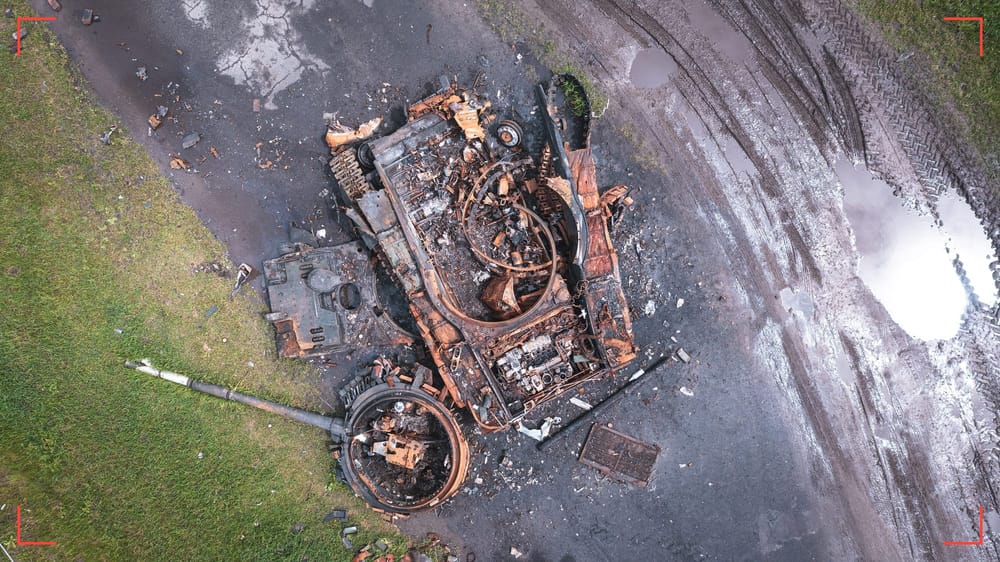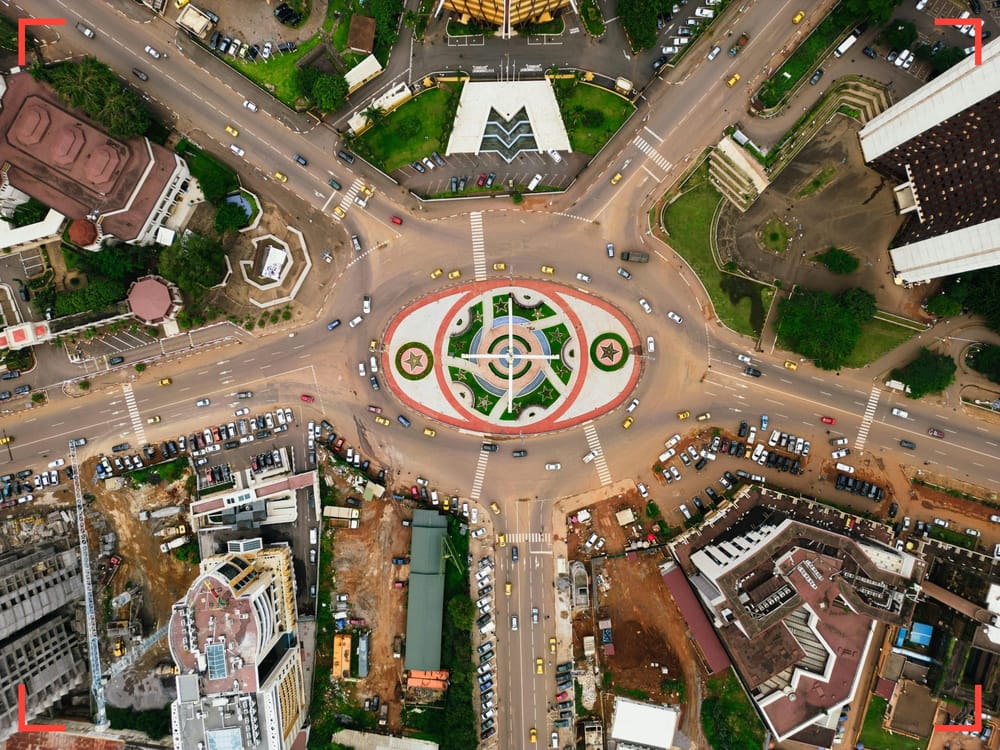
Report Details
Initial Publish Date
Last Updated: 25 JUN 2025
Report Focus Location: Sub-Saharan Africa
Authors: BA, GZ
Contributors: GSAT
GSAT Lead: MF
RileySENTINEL provides timely intelligence and in-depth analysis for complex environments. Our global team blends international reach with local expertise, offering unique insights to navigate challenging operations. For custom insights or urgent consultations, contact us here.
Key Findings
- Violence by Boko Haram and ISIL in Nigeria is rising again due to military setbacks, weak border control, and growing instability, leading to mass displacement and worsening the humanitarian crisis across the Lake Chad region.
- Boko Haram has increased its digital outreach, using encrypted messaging and social media to radicalize and coordinate.
- Renewed violence has forced thousands to flee again, overcrowding IDP camps and limiting humanitarian access in northeast Nigeria.
- June 30, 2024 female suicide bombers attacked a restaurant in Konduga, northeast Nigeria, killing at least 10 people and injuring several; while no group claimed responsibility, authorities suspect Boko Haram or ISWAP, highlighting ongoing extremist threats in the region despite government claims of improved security.
- January 13, 2025 at least 40 farmers were killed in northeastern Nigeria’s Borno state by suspected Boko Haram militants, highlighting ongoing insecurity and targeting of civilians in rural areas plagued by extremist violence.
- Nigerian Catholic priest Rev. Alphonsus Afina, who recently served in Alaska, was abducted by Boko Haram on June 1, 2025, during a convoy ambush in Borno State, highlighting ongoing extremist violence in northern Nigeria.
Summary
This report analyzes the resurgent threat posed by Boko Haram and its ISIS affiliate faction ISWAP Nigeria as the security and humanitarian situation continues to worsen. Despite claims of military progress in the fight against insurgent groups, military attacks have increased recently in Borno and northeastern states and have been characterized by coordinated ambushes, drone bombings, and kidnappings of civilians. The returned violence has overwhelmed military operations and displaced thousands of people, as it exposed the weakness of the Nigerian security apparatus and reduced public trust. In fact, the killing of farmers, the kidnapping of a Catholic priest, and the mass killing of villagers in Benue State are just a few high-profile incidents that demonstrate the increasing level of insecurity.
Critical services in health, education, and food relief are at risk as humanitarian operations are being reduced as a result of growing community doubt and threats against NGOs. Infrastructure collapse and flood-related disasters have exacerbated the crisis. Although economic policies, such as stable interest rates and falling inflation, offer hope, the environment remains unstable. The rise of terrorism does not only endanger peace and stability; it also poses a critical risk to business operations, especially in the fields of infrastructure, logistics, and agriculture. The report sheds light on these dynamics as well as their broader implications for regional security and Nigeria's development.
Remaining content is for members only.
Please become a free member to unlock this article and more content.
Subscribe Now






